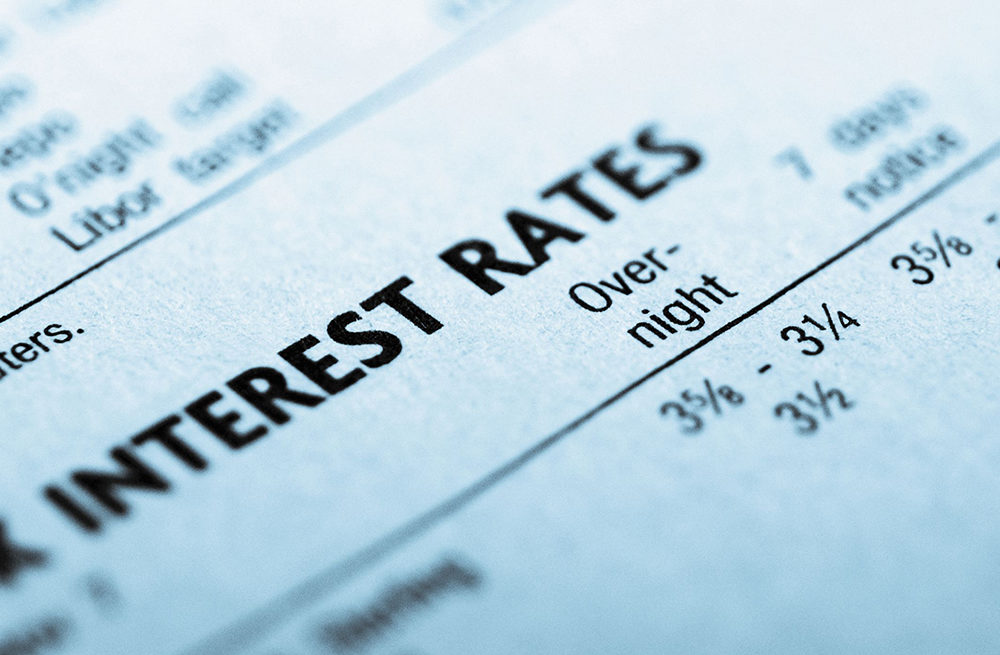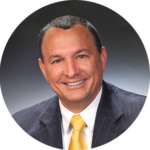Congratulations, you made it through another year of challenges and obstacles! The fact that you’re reading this hopefully means you successfully navigated yet another year of Covid, product and/or labor shortages and lately, inflation. Regardless of if it was one or all of these factors, you are to be commended for being able to pivot while others might not have. Now you’ve entered a new year, with undoubtedly more (different) challenges. We’ll discuss in this letter what some of those challenges might be and what can be done to overcome them.
New Year’s Day is always a time of reflection of the past year, as well as a time for planning adjustments for the new, incoming year. And with the past year now behind us, we’re all looking forward to a bit of a return to normalcy for 2022. Whether that actually happens remains to be seen, but regardless, planning needs to reflect optimistic reality. Let’s take a look at what that might look like.
Covid variants are obviously the wild card for 2022, but since that’s more of a reactive issue than a proactive one, it will be yet another pivot point if and when it occurs. More likely, 2022 will be the year inflation continues to rear its head and with it, the effect it has on equity and bond markets. As most of us know, it’s certainly being felt in our wallets, as it accelerated to 6.8% in November 2021, with gasoline prices rising by 58.1% (theguardian.com). Starting off in 2022, it doesn’t seem to have abated, as most everything we consume or use has steadily increased in price.
However, increasing prices aren’t the only issue most consumers have faced. Supply chains, which had an impact on the holiday season, are still struggling to catch up to demand as well. Consumers still seem to have an appetite for products and services, due to increased savings from higher incomes. Workers have been demanding (and getting) higher wages and more latitude in their working environment (aka, the “Great Resignation”). Combined with backed up supply chains, it’s no wonder prices continue to rise. As long as this continues, count on prices continuing to increase.
While higher costs can be absorbed for a time for most, for those at the lower end of the economic spectrum, higher prices can prove disastrous. For those folks, wages can’t rise fast enough and higher prices quickly erode their standard of living as more income goes to cover necessities. For those who are able to afford it for at least a while, the longer price increases continue, the higher the odds of a negative impact on their personal finances. Negative impacts on personal finances eventually translate into curbed spending, but in an era of historically low interest rates, that curbed spending could take a while. Cue the Federal Reserve (Jerome Powell).
While the equity markets love increased consumption and low interest rates (via higher earnings and speculation), these factors can ignite the economy with red hot inflation. Prices accelerate, having the effect of driving down the value of the dollar as well as eroding purchasing power. It’s at this point that the Fed can (and will) begin to act, as it has recently stated. By curbing the buying of Treasuries and mortgage-backed securities, interest rates will begin to rise. Additionally, the Fed has recently signaled that it will increase interest rates for 2022. Both of these actions should have an easing effect on consumption, as higher interest rates make borrowing more expensive.
But it will also have an effect on the equity markets. If equity markets love increased spending and low interest rates, it cringes at lower spending and higher interest rates, as it translates into slower sales, which clearly have an impact on earnings. We’ve already seen some impact over the first few trading days of 2022, as the equity markets attempt to digest potential rate increases and the economic impact they could have. Short term rates have already begun to climb in relation to longer term rates, which is usually a precursor of a future recession. So, if the Fed follows through with rate increases, which in turn could have a negative effect on the equity markets, what planning can be done prior to such an environment? Two actions can be considered; A.) Locking in gains in what is arguably an overvalued equity market and, B.) Paying off any debt before interest rates become irrational.
By locking in at least partial gains (which is dependent on a client’s age, risk tolerance, retirement time horizon and income needs), a client can protect his or her assets from any serious volatility associated with a rising rate/contracting equity market environment. Those investors who are ten years or closer to retirement could potentially benefit the most, by locking in gains from current equity market levels and transferring to an account from which lifetime income can be taken, without equity market volatility. Of course, each investor’s circumstances are unique to him or her and any recommendation would be unique to those circumstances.
Paying off debt in what is still a historically low interest rate environment provides the benefit of becoming debt free sooner than later, by virtue of having a roadmap in place in which progress can be measured with certainty. Putting a plan in place to pay off debt such as credit cards, student loans, auto loans and even mortgages in approximately half the time as usual will give a degree of confidence to a brighter future. Additionally, after all debt is paid off, this same program can be used as a “bank” to fund purchases typically made on “time” (loans). And finally, properly funded, a tax advantaged income stream may be taken from this same account as a source of income.
I once again thank you for reading and hope I’ve brought value to your time. If you’d like to learn more about what I’ve discussed here or just wish to comment, please contact me at d.babecki@db3insuranceservices.com or give me a call at 941-704-3134. As always, thank you for reading and let me know how I can be of service.
About David J Babecki
David Babecki is the Owner/Founder of DB3 Insurance Services and has over 20 years of experience in personal insurance, proudly protecting clients against outliving their money, stock market risk, and of course, insuring their lives against the unforeseen.
David started his career with Raymond James & Associates in 2000 before becoming an independent agent where he offers a number of services to solve client needs. David has spent the majority of his life in the beautiful Tampa Bay area where he currently resides with his family.
David is a Licensed Life Insurance Agent FL # D053146
The above article reflects the opinions and thoughts of David J. Babecki. The information contained in this material is believed to be reliable, but not guaranteed. It is for informational purposes only and is not a solicitation to buy or sell any products which may be mentioned. It is not intended to be used as the sole basis for financial decisions, nor should it be construed as advice designed to meet the particular needs of an individual’s situation.
Please note: All guarantees and/or promises are based on the claims-paying ability of the respective insurance company.




